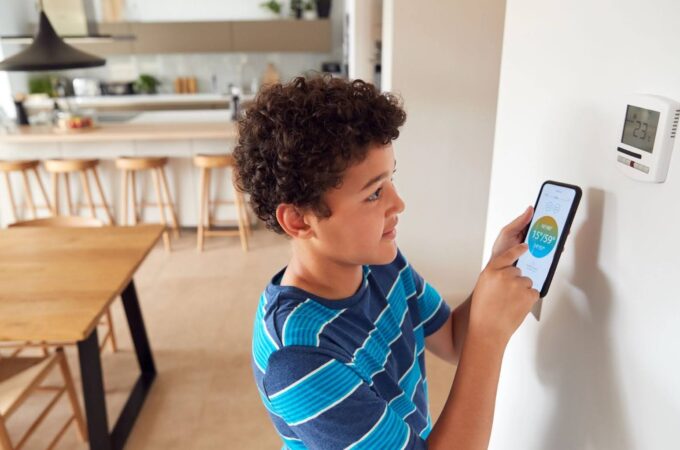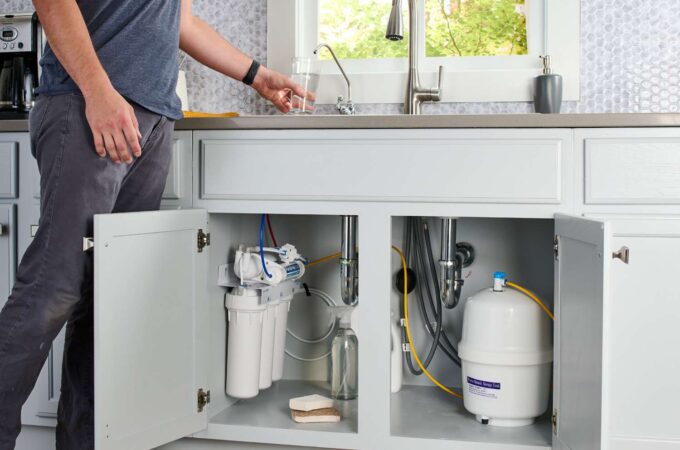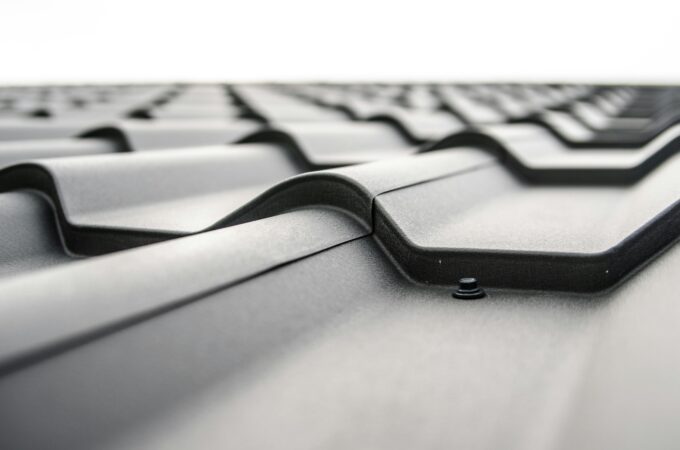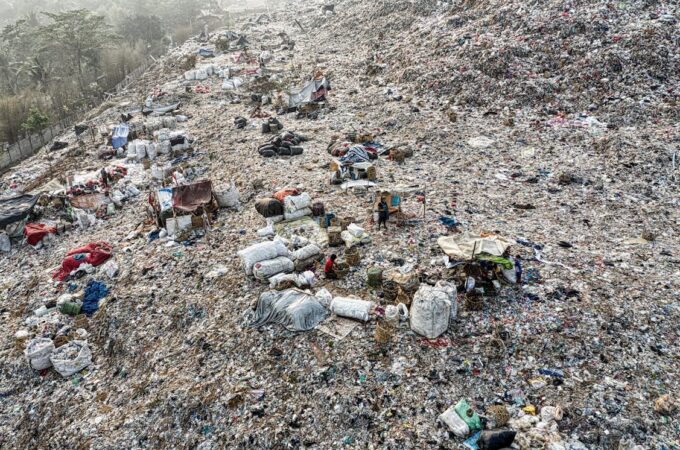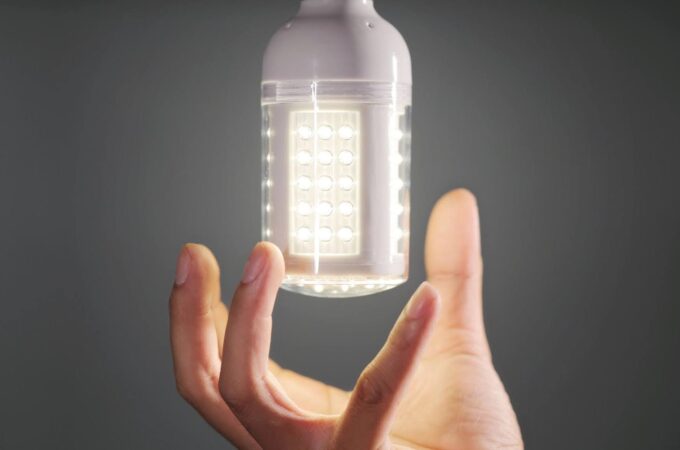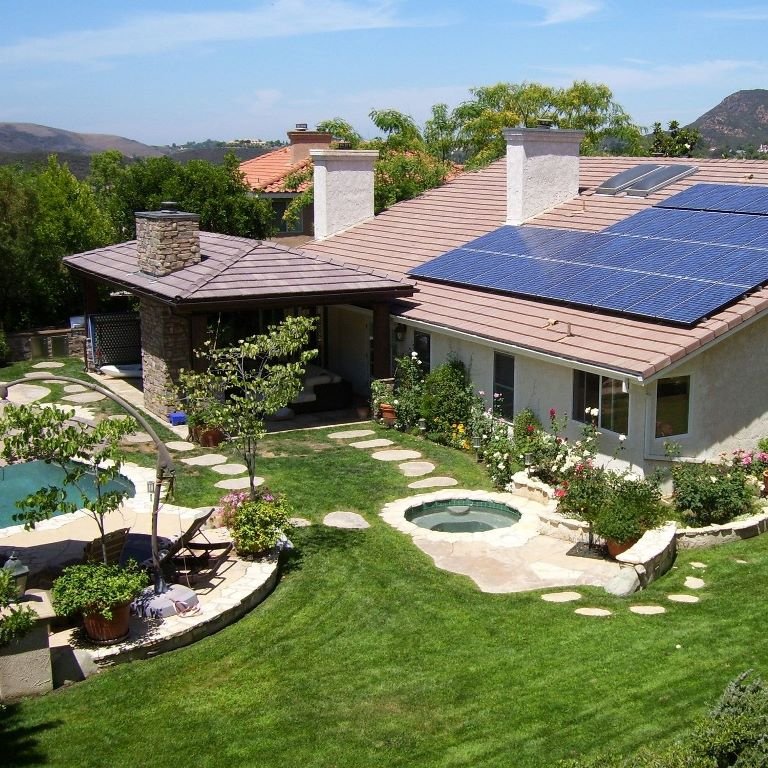
4 Ways to Make Your Home More Eco-friendly
Sustainability continues to be a hot topic, thanks in no small part to the ongoing conversation around climate change. As a result, an increasing number of people are becoming more conscious about recycling, adopting a plant-based diet, or trying to reduce their carbon emissions.
But with 40% of all carbon emissions produced in our domestic lives, it’s arguable that sustainability, like charity, begins at home, and drastic changes need to be made if we’re going to meet the European Commission’s 2030 emissions reduction targets. To get your journey to a greener future underway, we’ve put together a few ways to get started.
Start composting
Composting is a sustainable means of reusing food waste, creating natural fertiliser for your garden, and reducing the amount of leftover kitchen products you produce at home.
Simply collect your food and garden waste like leaves and twigs in a container like a bin, bag or tumbler, though bins are the most effective way to allow air into your compost pile to help the matter to decompose. Each week you’ll need to turn the pile to introduce more oxygen and enable the organic waste to break down.

There are a range of ways you can begin composting at home, including indoor methods like bokashi bins. As far as what you can compost, organic gardening experts Original Organics suggests “a mix of both nitrogen-rich ‘green’ matter like fruit and veg scraps, and carbon-heavy ‘brown’ materials such as dead plant trimmings and newspaper clippings.”
Invest in solar panels
Solar panels convert sunlight into electricity, producing zero emissions, which makes them a method of generating household energy with no negative environmental impact. Advancements in solar technology mean that panels have also become surprisingly affordable as the price of the modules from which they are made have fallen by nearly 90% in the last decade. An average household needs a 4kW solar system, which can cost between £4,000 to £6,000 and covers roughly 21 square metres of roof. Ideally, your home also needs clear access to sunlight for most of the day to power the panels, especially between 9am and 3pm.
Avoid toxic cleaners
Most cleaning products contain harsh chemicals such as phosphorus, nitrogen and ammonia, which pose a dangerous threat to humans and animals when they’re ingested, touched or inhaled. When rinsed down the drain while cleaning, the toxic chemicals these products contain can end up in water treatment facilities, entering our waterways, harming ecosystems, and contaminating our drinking water. Some pollutants resist breaking down, and end up entering the food chain, to be potentially consumed by fish and wildlife. If these animals become part of the human food chain, that means these hazardous effects will be passed on to us.
As a result, you should switch to products that are free from toxins, chemicals or fragrances. These tend to instead be made from plant ingredients, and sold in 100% recycled plastic bottles, which provides another eco-friendly benefit. When shopping, look for items labelled with Ecocert or an Environmental Working Group rating.

Grow your own food
Growing your own fruit and vegetables helps to reduce fossil fuel emissions, as commercial food production accounts for 80% of all greenhouses gases (GHGs). Crop production can cause the release of nitrous oxide into the atmosphere from fertilizers and manure, methane from rice production, and carbon dioxide due to agricultural machinery.
Taking a grow-your-own approach will also help to eliminate plastic packaging from your lifestyle, and ensure that your produce will be fresh and chemical-free. It also acts as a fun activity which your whole family can get involved in. You don’t even need a garden to get your five-a-day, as many fruits and vegetables can also be planted on balconies and windowsills.
